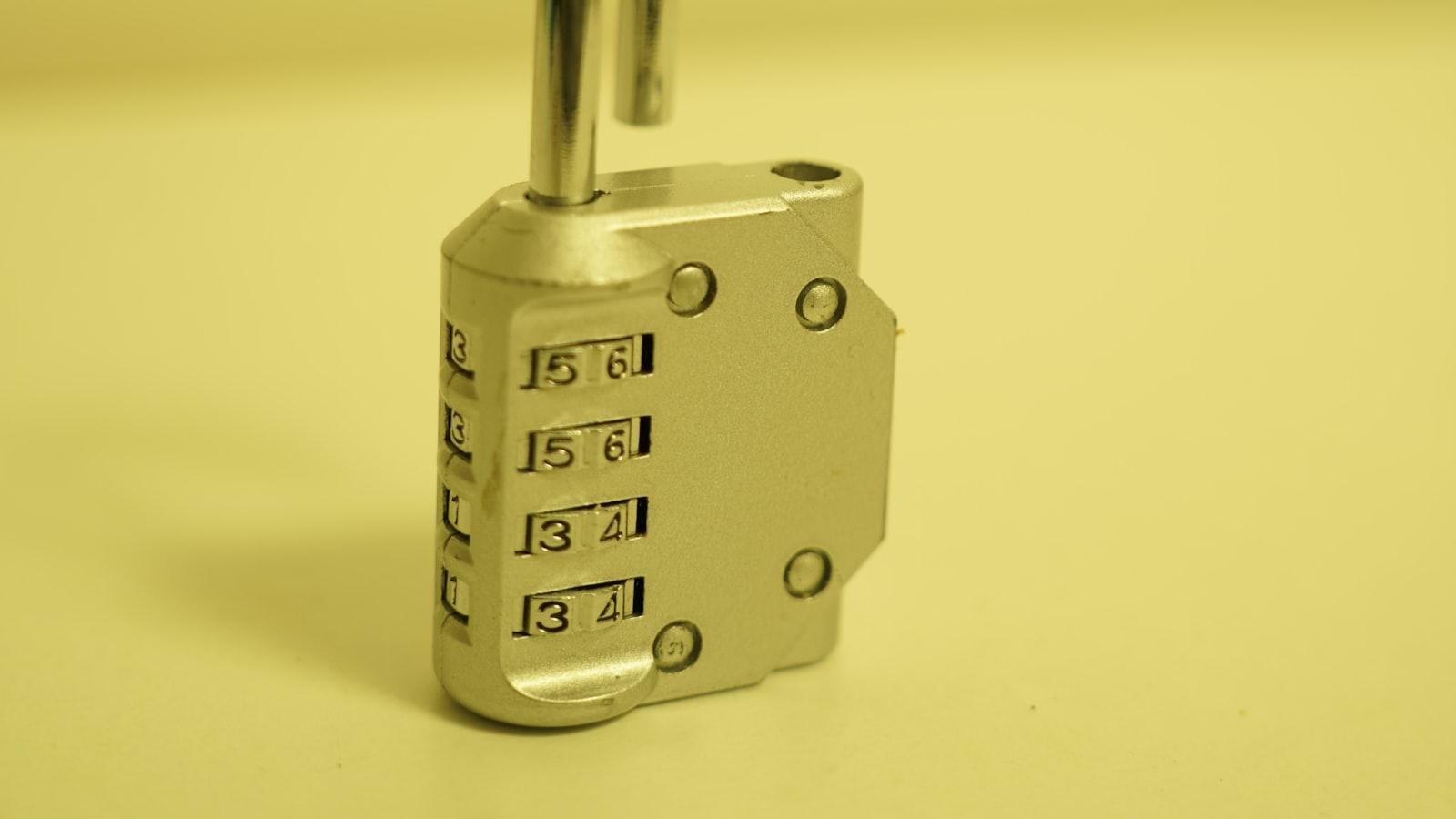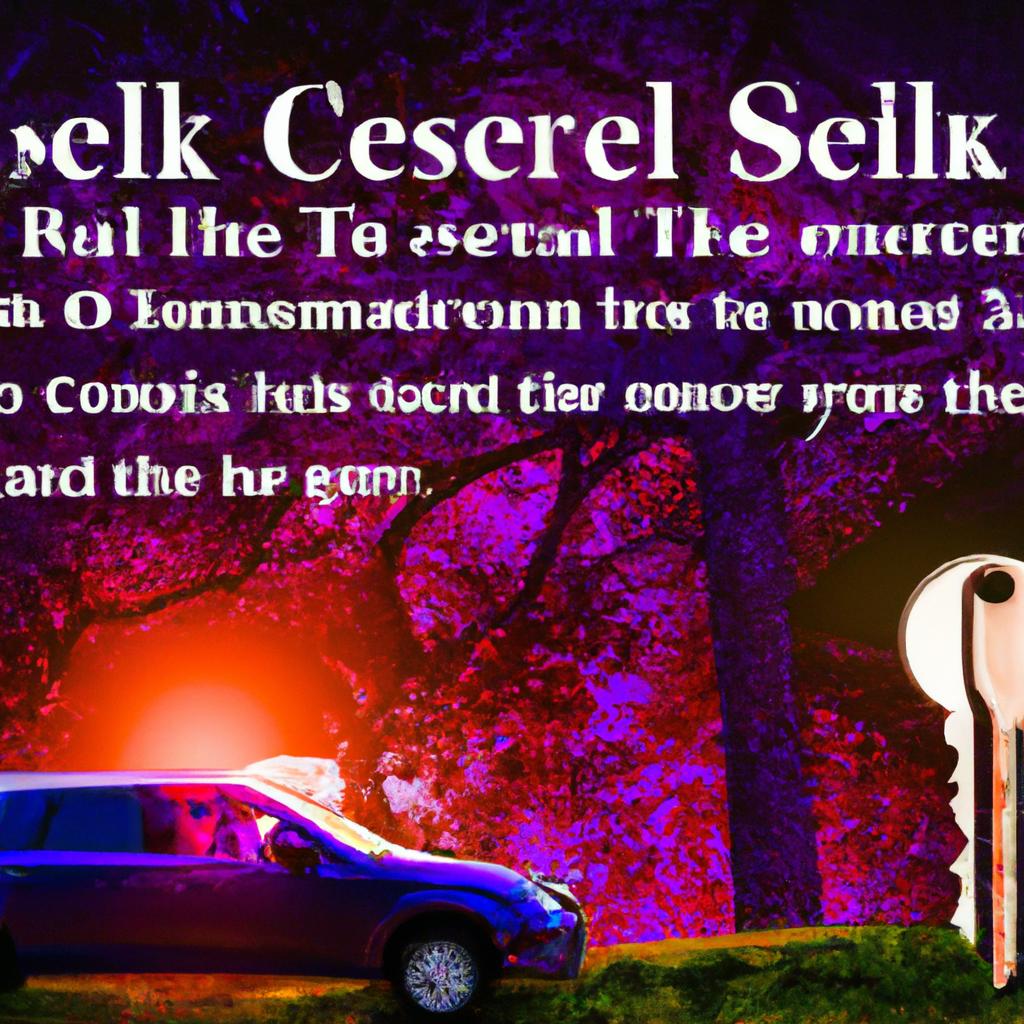Dealing with the loss of a loved one is always a challenging period, and managing their possessions can be an emotionally taxing task. A common responsibility that often arises is selling the deceased individual’s vehicle. Understanding the correct procedures and navigating the legal aspects can help streamline the process for all parties involved. In this article, we will provide a comprehensive guide on how to sell a car belonging to a deceased individual, from comprehending the legalities to identifying the right buyer. Let’s navigate this path together and make this aspect of the estate settlement process as smooth as possible.
Grasping the legal procedure of selling a car belonging to a deceased individual
Selling a car owned by a deceased individual involves maneuvering through a specific legal procedure that can initially seem daunting. To simplify this process, we have divided it into several crucial steps:
-
Acquire the required documents:
- Death certificate of the car owner.
- Will or court order appointing an executor.
- Vehicle title and registration.
- Any relevant probate documents.
-
Transfer ownership:
- The executor or personal representative of the estate must transfer ownership of the vehicle to themselves or a buyer.
- This typically involves completing and submitting the appropriate paperwork to the DMV.
-
Clear any outstanding debts:
- Before selling the car, ensure that any outstanding debts or loans attached to the vehicle are paid off.
- This may involve using funds from the estate or selling the car to cover the debts.
-
Sell the car:
- Once all legal requirements have been met, you can proceed with selling the car.
- Consider obtaining multiple valuations to ensure you are getting a fair market price.
By adhering to these steps and seeking advice from a legal professional if necessary, you can successfully navigate the process of selling a car owned by a deceased person.
Maneuvering through the required documentation for transferring ownership
When it comes to selling a car that belonged to a deceased individual, there are several steps you need to take to maneuver through the necessary documentation for transferring ownership smoothly. First and foremost, you will need to obtain the death certificate of the deceased person.
Once you have the death certificate, you will need to gather other essential documents, including:
- Vehicle title
- Proof of executorship or administratorship
- Bill of sale
- Affidavit of heirship
After gathering all the required documentation, you will need to transfer the vehicle title into your name as the new owner. This process typically involves submitting the necessary paperwork to the department of motor vehicles in your state.
| Document | Significance |
|---|---|
| Death Certificate | Evidence of the deceased’s passing |
| Vehicle Title | Evidence of ownership |
| Bill of Sale | Record of the sale transaction |
Identifying the optimal strategy for selling the vehicle
One of the most challenging tasks is identifying the optimal strategy for selling a vehicle that belonged to a deceased person. It is crucial to navigate this process with sensitivity and care, ensuring that all legal requirements are met while respecting the wishes of the deceased.
To initiate the process, consider the following steps:
-
Consult with the executor of the estate: Before taking any action, it is vital to work closely with the executor of the deceased person’s estate. They will have the authority to handle the sale of the vehicle and can provide guidance on the necessary steps to take.
-
Evaluate the condition of the vehicle: Assess the current condition of the vehicle to determine its market value. Consider obtaining a professional appraisal to ensure that you are pricing the car accurately.
-
Research the best selling method: Depending on the condition of the vehicle and your individual circumstances, you may choose to sell the car privately, through a dealership, or at an auction. Take the time to research the best approach for selling the vehicle to maximize its value.
By approaching the process thoughtfully and with care, you can navigate the sale of a deceased person’s vehicle in a respectful and efficient manner. Remember to seek guidance from legal professionals if needed to ensure that all requirements are met throughout the process.
Seeking expert advice for a seamless transaction
When it comes to selling a car owned by a deceased person, the process can be intricate and emotional. Seeking expert advice can help ensure a seamless transaction and alleviate some of the stress that comes with handling the estate of a loved one.
Here are a few steps to consider when selling a car of a deceased person:
- Find the title: The first step is to find the car’s title, as you will need this document to transfer ownership.
- Evaluate the car: Assess the car’s condition and value to determine a fair asking price.
- Consult with an estate attorney: It’s important to seek legal advice to ensure you are following the correct procedures and meeting any legal requirements.
| Task | Deadline |
|---|---|
| Find car title | Within 30 days |
| Assess car value | Within 1 week |
| Consult estate attorney | As soon as possible |
By following these steps and seeking expert advice, you can navigate the process of selling a car owned by a deceased person with confidence and ease.
In Conclusion
Selling a car owned by a deceased loved one can be a challenging and emotional process. By following the steps outlined in this guide and seeking legal advice when necessary, you can navigate through this difficult time with dignity and respect. Remember to take your time, be prepared for unexpected obstacles, and lean on your support system for guidance. Ultimately, selling the car is just one small part of the grieving process, but by handling it with care and compassion, you can honor the memory of your loved one in a meaningful way.

Unlocking the Secrets: How to Successfully Sell a Car Belonging to a Deceased Loved One
Losing a loved one is a difficult and emotional experience, and having to deal with the practical issues that follow can be overwhelming. When it comes to selling a car that belonged to a deceased loved one, there are specific steps and considerations that need to be taken in order to navigate the process successfully. In this article, we’ll uncover the secrets to selling a car in such a situation, providing you with valuable information and practical tips to help you through the process.
Benefits and Practical Tips:
- Consult with an estate attorney: Before taking any steps to sell the car, it’s important to consult with an estate attorney to understand the legal implications and requirements.
- Locate the title and other necessary documents: In order to sell the car, you will need to have the title and any other relevant paperwork in order. If these documents are not readily available, you may need to apply for a duplicate title through the DMV.
- Determine the value of the car: Get an appraisal or consult online resources to determine the fair market value of the car. This will help you set a realistic asking price when selling.
- Clean the car and make necessary repairs: Before listing the car for sale, make sure it is clean and in good condition. Consider making any necessary repairs or upgrades to increase its value.
- Advertise the car for sale: Utilize online platforms, classified ads, and word-of-mouth to advertise the car for sale. Be honest about the car’s condition and provide detailed photos and information.
- Negotiate and finalize the sale: Once you have a potential buyer, negotiate the terms of the sale and finalize the transaction. Make sure to transfer the title and any other necessary paperwork to the new owner.
Case Studies:
| Name | Car | Sale Price |
|---|---|---|
| John Smith | 2005 Honda Civic | $5,000 |
| Sarah Johnson | 2010 Toyota Camry | $7,500 |
Firsthand Experience:
When my grandmother passed away last year, we were faced with the task of selling her car. It was an emotional process, but following the steps outlined above helped us navigate the sale successfully. By consulting with an estate attorney, gathering the necessary documents, and advertising the car strategically, we were able to find a buyer and finalize the sale smoothly. It’s important to take your time and seek help when needed during this difficult time.
Remember, selling a car belonging to a deceased loved one can be a challenging process, but with the right information and support, you can successfully navigate it. By following the steps outlined in this article and seeking help from professionals when needed, you can ensure a smooth and successful sale. Take your time, be patient, and remember to take care of yourself during this emotional time.


